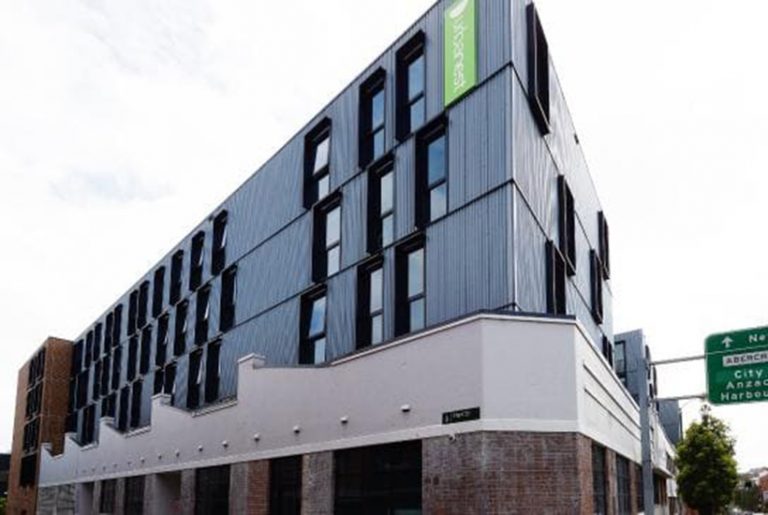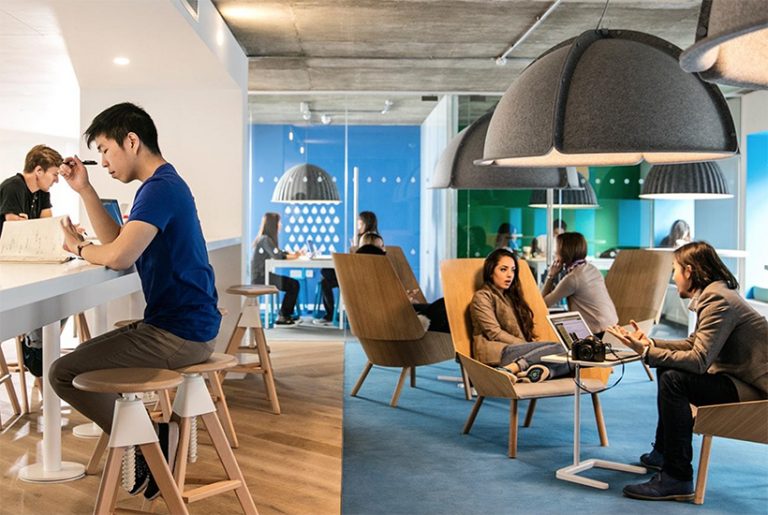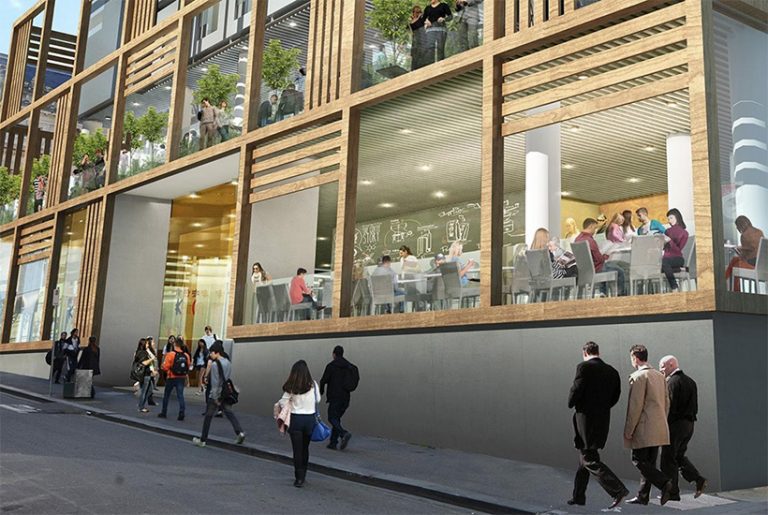Scape chases faster student accommodation acquisition as coronavirus crisis deepens

The country’s largest student accommodation provider Scape is seeking to expedite approval of its $2 billion acquisition of rival operator Urbanest as it confronts the coronavirus crisis.
Scape, which agreed to acquire the Urbanest portfolio last December, has been awaiting FIRB approval which has been delayed after being expected by month’s end.
The operator argues that international students trapped in Australia will be safest in specialist dorms, where it has stepped up health protocols and is organising care and self-isolation for affected students, although none have tested positive.
Scape executive chairman Craig Carracher says resident health and safety is “paramount” and the company has been offering extra services since January when the outbreak flared in China.
Scape recently acquired the 3500 bedroom Atira Student Living portfolio, taking its holdings to about 7000 beds, and is expected to close in the coming month on the 7000 bedroom portfolio owned and operated by Urbanest.
Scape will be the largest owner operator of off-campus purpose-built student accommodation but says it has been hampered by delays.
“It has been very difficult to confront a threat like coronavirus with 7000 student rooms in one hand and the other 7000 student rooms within the Urbanest portfolio in the other hand but behind our back,” Carracher says.
“We simply cannot deliver on synergies of services to protect students across both portfolios despite buildings being next to each other and in the same cities,” he adds.
Scape had already dealt with concerns caused by summer bushfires as international students worried about their health, but not being able to consolidate efforts around coronavirus due to government delays had frustrated staff, equity and debt partners, Carracher says.

An artist’s impression of a Scape development.
“It continues to disappoint our international and domestic students that rely on the residential support services provided to ensure they have a safe place to live,” he says.
While the sector is finely balanced at the moment Carracher argues that purpose built facilities are the best option during the crisis.
Scape bedrooms are mostly studio self-contained rooms akin to hotels and serviced apartment but also offer facilities for student mental and physical wellbeing.
“Our pastoral care dynamic differentiates us from a hotel solution and our rooms are efficiently designed for long term living, with most students opting for 12 month lease terms,” Carracher says.
He cites the youth of the student cohort as they are isolated from their families and now also from their universities. Many are in 14-day isolation and few are able to fly home due to travel restrictions, escalating costs and flights being cancelled.
Scape in January introduced safety and wellness protocols to address concerns from China-based agents and the students from Hubei province. It brought in voluntary isolation, compulsory medical assessments and other safety procedures ahead of mandated rules in February.
Scape has put more measures in across its ten buildings that can hold more than 5000 students and stepped up procedures for the nearly 2000 expected to arrive in late February and early March, including deep cleans and travel checks.
It has also introduced daily nurse support into buildings and although thousands of international students live in them there had been no positive COVID-19 cases reported and more than 100 students are in isolation.
“We have an obligation as pastoral care providers and custodians of the leaders of tomorrow to ensure that manage through this and are stronger,” Carracher says.
Scape remains optimistic about the sector’s recovery and is developing 9000 additional off-campus purpose-built bedrooms nationally. It has four development sites in construction and 17 other sites going through planning.
This article originally appeared on www.theaustralian.com.au/property.







